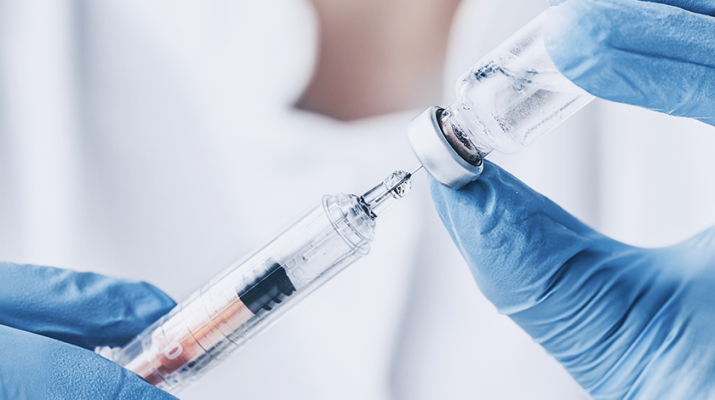Do I need a flu shot? How about a vaccine for shingles? Pneumonia?
By Barbara Pierce
How many times have you heard that you should get a flu shot? There’s good reason for the hype: Over the past few years, the vaccine has prevented millions from getting the flu.
“You do need to get a flu shot each year,” said pharmacist David Goodman at Walgreens, New Hartford. New flu vaccines are released every year to keep up with rapidly adapting flu viruses.
Because flu viruses evolve so quickly, last year’s vaccine may not protect you from this year’s viruses. After vaccination, your immune system produces antibodies that will protect you from the viruses.
Everyone should get the flu vaccination, but it’s even more important for older people, recommends Goodman. An annual flu shot is the best way to reduce the chances of getting the flu. The Centers for Disease Control and Prevention recommendation: Everyone 6 months of age and older should get a flu vaccine every season with rare exceptions.
Most people who get the flu will recover in a few days to less than two weeks — but those can be pretty miserable days while you’re knocked out of commission.
Some people can develop serious complications, like pneumonia, bronchitis, and sinus and ear infections as a result of the flu. These complications can be life threatening. Even healthy children and young people can get serious complications.
“I’ve seen my fair share of 26-year-olds, with no underlying illness, who suddenly can’t breathe, have a high fever, and must be put in the intensive care unit,” said an ER doctor online.
The vaccine doesn’t guarantee 100 percent that you won’t get the flu, but experts agree that it’s far and away your best bet for bucking the flu.
There’s a myth going around that getting the vaccination can give you the flu. “It’s impossible to get the flu as a result,” explained Goodman. “The vaccine is inactive, not alive.” An inactive virus can’t transmit infection. It takes a week or two to get protection from the vaccine. So people who get sick soon after receiving a flu vaccination were going to get sick anyway. But people assume that the shot caused their illness. It definitely did not.
Easy access to shot
It’s easy to get a flu shot. You don’t even have to see your doctor. Most major drug stores now offer vaccinations without an appointment. So not only do you not have to see your doctor, you are going someplace that you’re probably going to anyway.
Walgreen’s Pharmacy is open to get your flu shot; there are walk-ins and you don’t need an appointment. With most insurance, you won’t even have a co-pay.
— Shingles: Shingles is a painful skin rash, caused by reactivation of the virus that causes chickenpox. Older people and those with a weakened immune system have the greatest risk of developing shingles. The itchy blisters it causes are extremely painful and can last two to four weeks. “You don’t want to get shingles,” one victim told NBC News. Almost one out of three people in the United States will develop shingles during their lifetime, half of those over 85.
People have described pain from shingles as excruciating, aching, burning, and stabbing, compared to the pain of childbirth or kidney stones. This pain can cause depression, anxiety, difficulty concentrating, and loss of appetite. It can interfere with daily activities like dressing, bathing, eating, cooking, and shopping. Shingles can lead to eye complications that can result in vision loss.
In the past, the shingles vaccine was recommended for anyone over 60. Recently, the CDC has changed this, and now recommends that anyone over 50 be vaccinated against shingles.
A new vaccine to prevent the shingles, Shingrix, was recently approved by the Food and Drug Administration. It is far more effective than the vaccine now in use; it reduces the risk of shingles by 97 percent. The current vaccine reduces the risk by 51 percent.
Shingrix has yet to be released for use by the public, said Goodman. Watch for it to be available soon.
— Pneumonia: Pneumonia needlessly affects millions of people each year. It can often be prevented — lower your risk of getting pneumonia with vaccines.
The CDC recommends that instead of just a single dose of PPSV23, everyone aged 65 and over should also get a shot of PCV13.
If you’ve never gotten a pneumonia shot, get a dose of PCV13 first, and then get a dose of PPSV23 six to 12 months later. Only a single dose of each vaccine is needed. Those who have already been vaccinated with PPSV23 can get PCV13 later, as long as it’s been at least a year since the PPSV23 vaccination.
When it comes to preventing pneumonia, the bottom line for older individuals is clear: Get vaccinated twice.

